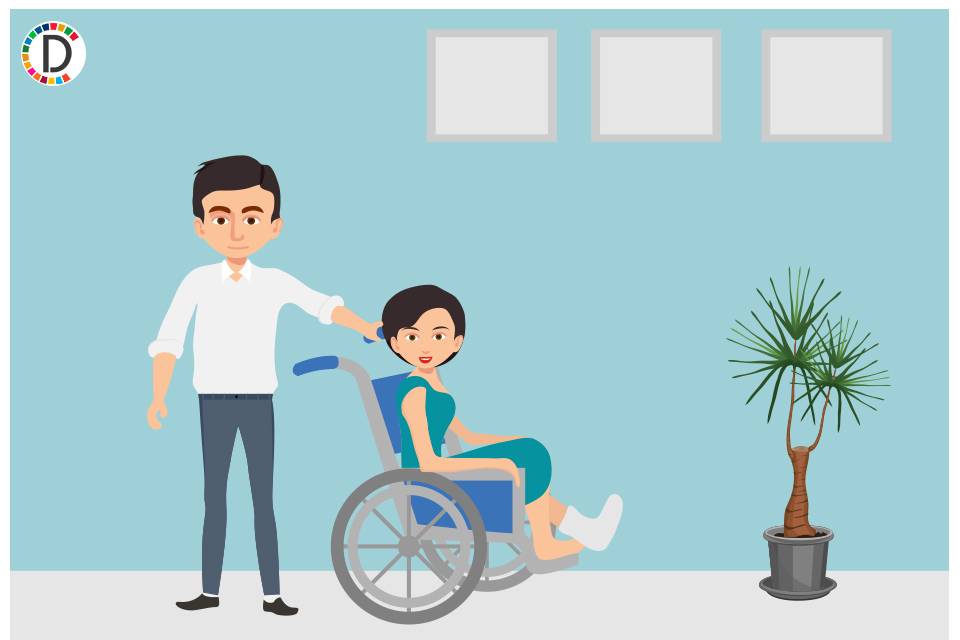Nigeria regulator grants approval to Oxford's malaria vaccine
Data from an ongoing phase 3 clinical trial involving 4,800 children in Burkina Faso, Kenya, Mali and Tanzania is due to be published in the coming months. The first malaria vaccine, Mosquirix from British drugmaker GSK, was endorsed by the WHO last year after decades of work, but a lack of funding and commercial potential is thwarting GSK's capacity to produce enough doses, demonstrating a need for another candidate.

Nigeria has granted provisional approval to Oxford University's R21 malaria vaccine, its medicines regulator said on Monday, making it the second country to do so after Ghana last week.
The mosquito-borne disease kills more than 600,000 people each year, most of them African babies and children. Nigeria, the continent's most populous nation, was the world's worst-affected country with 27% of global cases and 32% of global deaths, according to a 2021 World Health Organization (WHO) report on malaria.
"A provisional approval of the R21 Malaria Vaccine was recommended and this shall be done in line with the WHO's Malaria Vaccine Implementation Guideline," said Nigeria's National Agency for Food and Drug Administration and Control. "While granting the approval, the Agency has also communicated the need for expansion of the clinical trial conducted to include a phase 4 clinical trial/Pharmacovigilance study to be carried out in Nigeria," its director-general Mojisola Christianah Adeyeye said in a statement.
It was unclear when the vaccine may be rolled out in Nigeria or Ghana as other regulatory bodies, including the WHO, are still assessing its safety and effectiveness. Childhood vaccines in the poorest parts of Africa are typically co-funded by international organisations such as Gavi, the vaccine alliance, only after getting WHO approval.
Mid-stage data from the R21 trial involving more than 400 young children was published in September, showing vaccine efficacy of between 70-80% at 12 months following the fourth dose. Data from an ongoing phase 3 clinical trial involving 4,800 children in Burkina Faso, Kenya, Mali and Tanzania is due to be published in the coming months.
The first malaria vaccine, Mosquirix from British drugmaker GSK, was endorsed by the WHO last year after decades of work, but a lack of funding and commercial potential is thwarting GSK's capacity to produce enough doses, demonstrating a need for another candidate. Oxford has a deal with the Serum Institute of India to produce up to 200 million doses of R21 annually.
(This story has not been edited by Devdiscourse staff and is auto-generated from a syndicated feed.)










